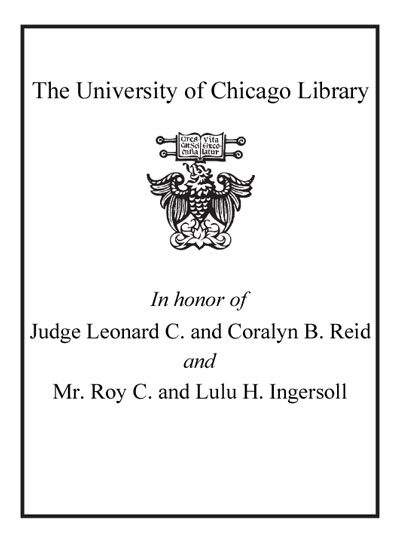Review by Choice Review
Measuring discrimination has long meant speculating about residual effects. If black and white women have different employment outcomes and every measurable explanation for those differences is included in a regression model, what is left over--left unexplained--must be discrimination, at least in part. Sociologist Lucas (Berkeley) attempts to shift that focus entirely by measuring discrimination as an element of "climate" instead. Climates are operationalized as states that have enacted problematic laws, like poll taxes, and progressive laws, such as anti-segregation prohibitions, between 1940 and 1990. While the discrete attempt to assess the legal atmosphere in states is worthwhile (and quite well established), the author does not make a convincing case that the compromised list of laws that are included in this analysis, and the comparison of "expected exposure" to discrimination across states, leads to better insight than results derived from the admittedly problematic current dependence on behavioral-level data. This plodding book is thoroughly odd: in the literature it reviews, the assumptions it makes, and the analysis plan it executes. Summing Up: Optional. Of interest only for graduate students and researchers who are very deep into the statistical study of discrimination. I. Ken George Washington University
Copyright American Library Association, used with permission.
Review by Choice Review


